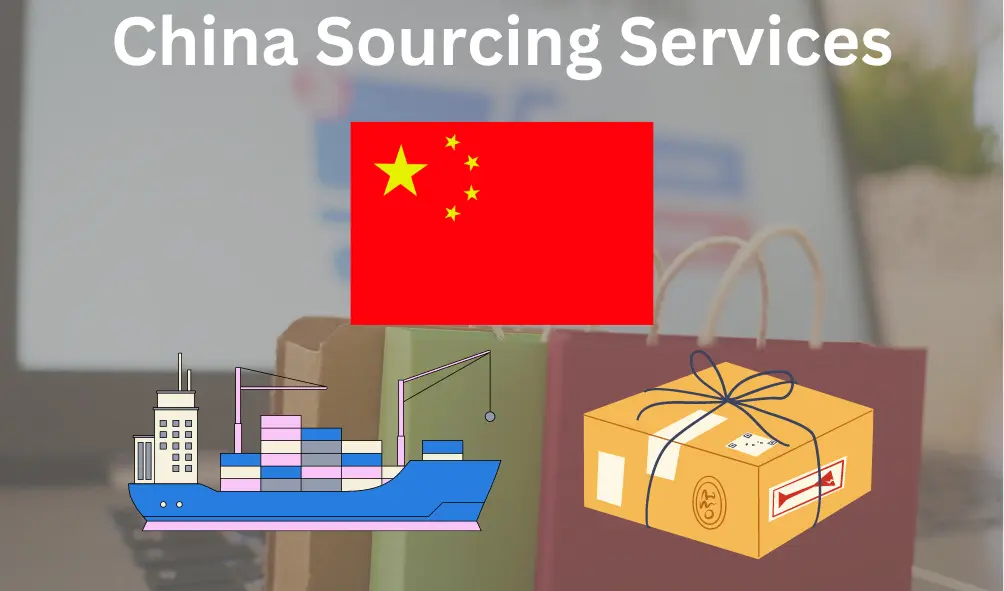What are Charges for China Sourcing Services?

‘Made in China’ was associated with low-quality and cheap. Today, things have changed. China has become a global manufacturing powerhouse over the past few decades, and there are numerous statistics that demonstrate this:
- World’s largest manufacturing economy: China has the world’s largest manufacturing economy, with a total value of manufacturing output of $4.3 trillion in 2020, according to the United Nations Industrial Development Organization (UNIDO).
- World’s largest exporter: China is also the world’s largest exporter of manufactured goods, accounting for 28% of the world’s total exports in 2020, according to the World Trade Organization (WTO).
- Rapid industrialization: China has experienced rapid industrialization over the past few decades, with its manufacturing sector growing at an average annual rate of 7.2% between 2010 and 2019, according to the World Bank.
Even with these powerful stats, Western companies still wary to buy directly from Chinese factories. They prefer to choose sourcing agent in China rather than buying directly from suppliers.
There are several reasons why importers might choose to use a sourcing agent in China:
- Language and Cultural Barriers: Communication can be difficult when dealing with suppliers in China if you do not speak the language or understand the culture. A sourcing agent can help bridge this gap and ensure that communication is clear and effective.
- Quality Control: It can be difficult to verify the quality of products when buying from suppliers in China. A sourcing agent can help ensure that products meet your specifications and quality standards.
- Supplier Verification: It can be difficult to determine if a supplier is legitimate and reliable when buying from China. A sourcing agent can help verify the supplier’s credentials and ensure that they are trustworthy.
- Logistics and Shipping: Shipping and logistics can be complex when buying from China, especially for small businesses. A sourcing agent can help navigate these complexities and ensure that products are shipped on time and at a reasonable cost.
- Cost Savings: A sourcing agent can help negotiate better prices and terms with suppliers in China, which can result in cost savings for buyers.
Overall, using a sourcing agent can help importers simplify the process of buying from suppliers in China and mitigate some of the risks and challenges associated with it.
China sourcing agent’s fee
The common fee structure is a flat fee or commission based services. The charges of China sourcing services can vary depending on a number of factors, including the complexity of the product, the quantity of the order, the level of customization required, and the specific services being provided.
Some common charges associated with China sourcing services may include:
- Product sourcing fee: This fee is typically a percentage of the total order value and covers the cost of finding suitable suppliers and negotiating pricing and terms.
- Quality control fee: This fee is charged for inspecting the products before shipment to ensure that they meet the required standards and specifications.
- Shipping and logistics fee: This fee covers the cost of arranging and managing the transportation of the goods from the factory to the destination.
- Customs and import fees: These fees are charged by the government for importing goods into a specific country and can vary depending on the type of product, the country of origin, and the destination.
- Other fees: Other charges that may be included in the overall cost of China sourcing services can include legal and regulatory compliance fees, translation and interpretation fees, and travel and accommodation expenses.
The charges for China sourcing services can vary significantly between different service providers and it’s always advisable to get a detailed quote from a few different providers before making a decision.








